.jpg)
.jpg)
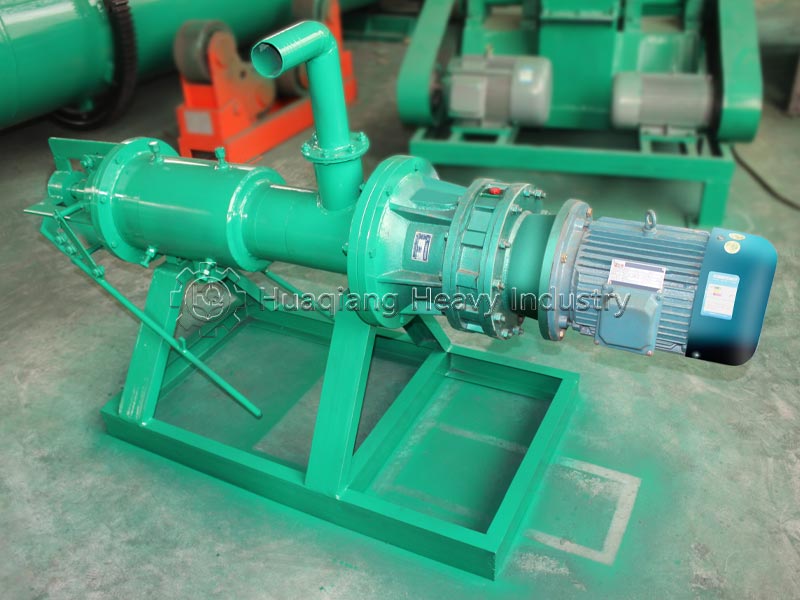
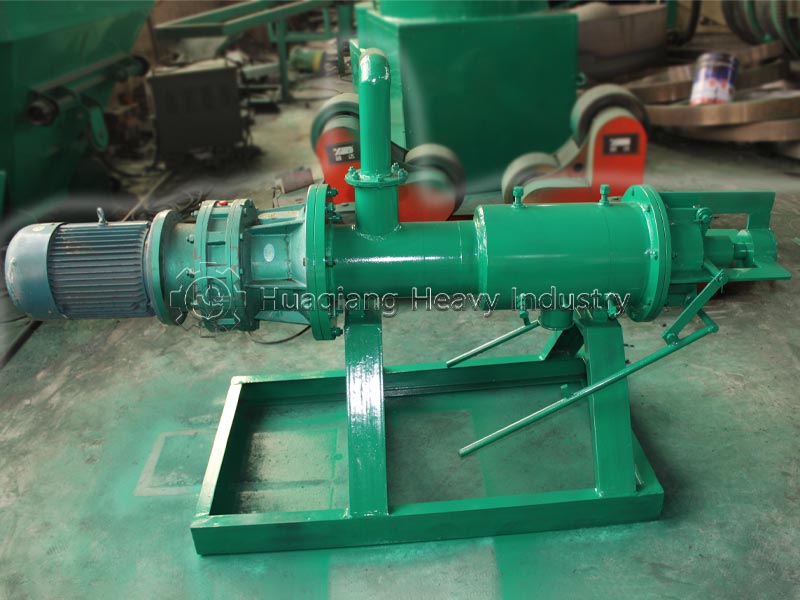
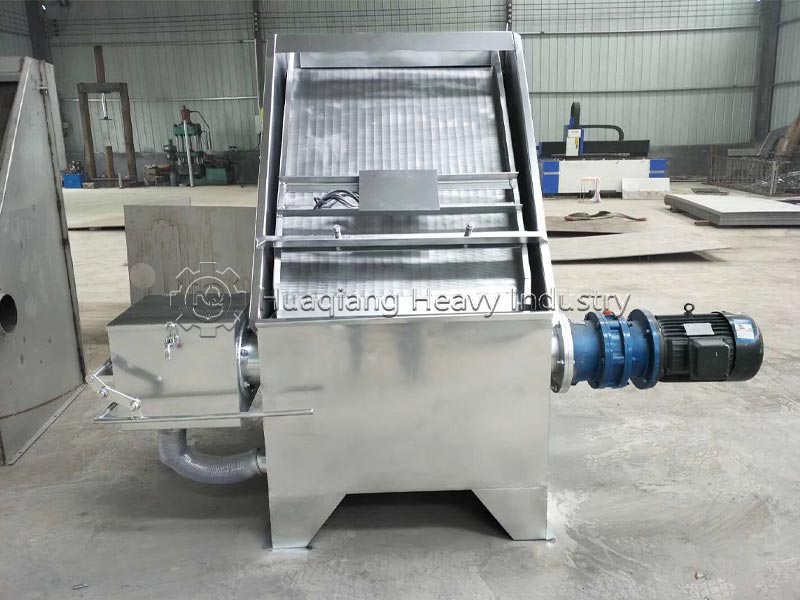




A dehydrator is a device used to remove moisture from liquid or wet materials for the purpose of concentration, drying, or separation. Widely used in various industries such as food processing, chemical, pharmaceutical, textile, mining, etc. Dehydrators separate moisture from materials through physical or chemical methods to increase their concentration, dryness, or facilitate subsequent processing.
There are various types of dehydrators, including centrifugal dehydrators, filter press dehydrators, belt dehydrators, vacuum dehydrators, etc. Their structures and compositions may vary, but they usually include the following basic parts:
Feeding system: used to feed the materials to be processed into the dewatering machine.
Dehydration mechanism: Depending on the type of dehydrator, this part may include centrifugal drums, filter plate frames, belt filters, vacuum filters, etc., which are key components of the dehydration process.
Power system: provides power for the dehydration process, including motors, pumps, etc.
Control system: including PLC or microcomputer control system, used to monitor and adjust parameters during the dehydration process, such as speed, pressure, temperature, etc.
Discharge system: used to discharge dehydrated materials and separated moisture.
Safety protection system: including overload protection, emergency stop and other safety devices to ensure the safety of equipment and operators.
Taking centrifugal dewatering machine as an example, its working principle is to use the centrifugal force generated by high-speed rotation to separate materials with different densities and moisture. The material enters the centrifuge bucket from the feed inlet, and under the action of centrifugal force, solid particles with higher density are pushed towards the bucket wall to form a solid phase, while water is discharged through the filter or pores, ultimately achieving solid-liquid separation. Other types of dehydrators, such as filter press dehydrators, use pressure to extrude moisture from materials, belt dehydrators utilize the movement and filtering effect of belt filters, and vacuum dehydrators use negative vacuum pressure to promote the evaporation and separation of moisture.
Efficient dehydration: It can quickly remove a large amount of moisture from materials, improving their dryness and concentration.
Wide applicability: Suitable for various types of materials and liquids, including sludge, pulp, fruit and vegetable juice, chemical products, etc.
Automated operation: Modern dehydrators are usually equipped with automated control systems, which are easy to operate and reduce manual intervention.
Energy saving design: adopting energy-saving technologies to reduce energy consumption and improve production efficiency.
Easy to maintain: The structural design is reasonable, easy to clean and maintain, and extends the service life of the equipment.
Safe and reliable: Designed with multiple safety protection measures to ensure safe operation.
| Model | Capacity(t/h) | Power(kW) |
| BST-250 | 2-3 | 7.5 |
| BST-300 | 3-4 | 11 |
| BST-350 | 4-5 | 15 |
| BST-400 | 5-6 | 18.5 |
| BST-500 | 6-8 | 22 |
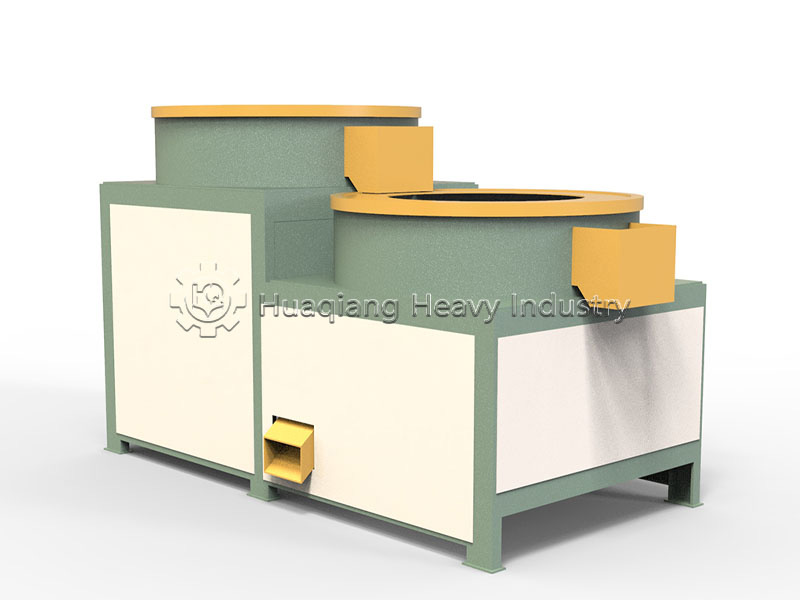
This series of polishing machines is a new type of equipment: the granulating rate is more than 95%. The motor adopts flexible belt drive to start smooth, slow down the impact force and improve the service life of the equipment.
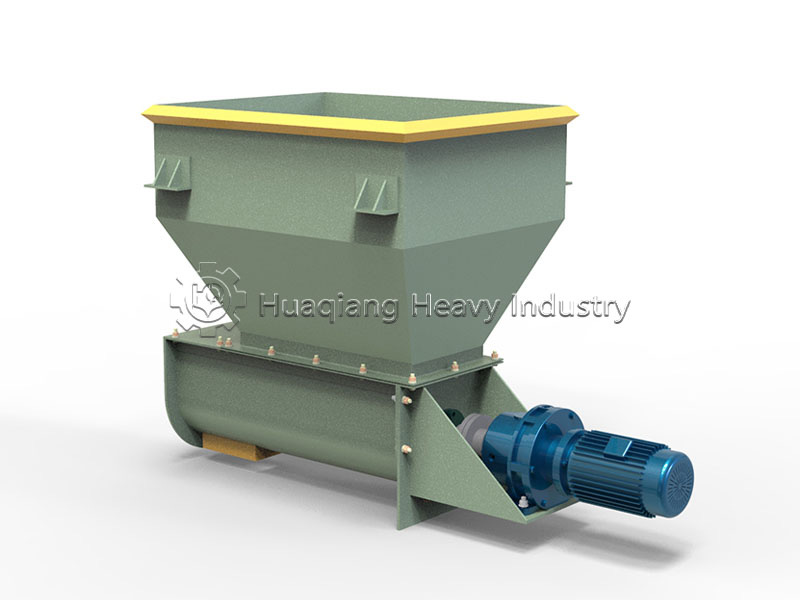
The machine is a new type of feeder. Its characteristic is that the shaft end of the reducer drives the stirring shaft to run. The stirring shaft has a fixed stirring tooth, and the stirring shaft drives stirring to make the material fully mixed.
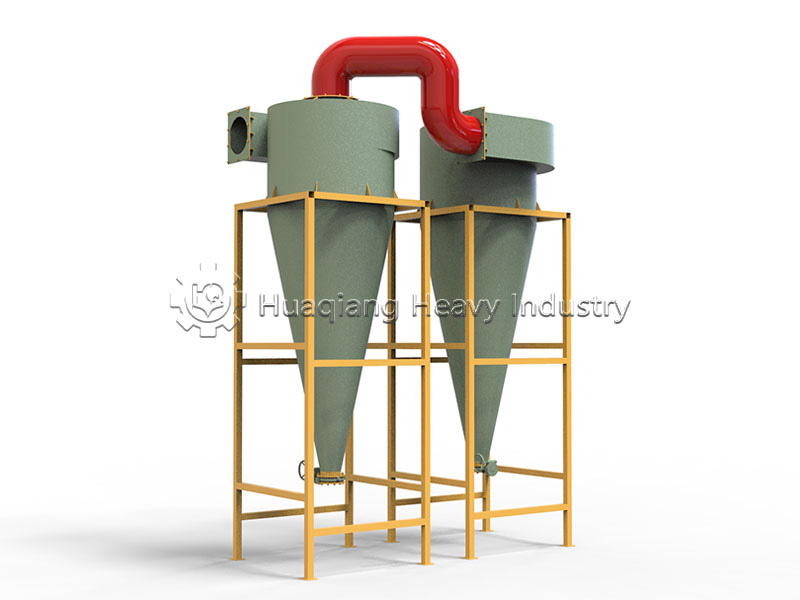
Dust collector is a type of dust removal device. Each component of the dust collector has a certain size ratio. Each change in the proportional relationship can affect the efficiency and pressure loss of the dust collector.